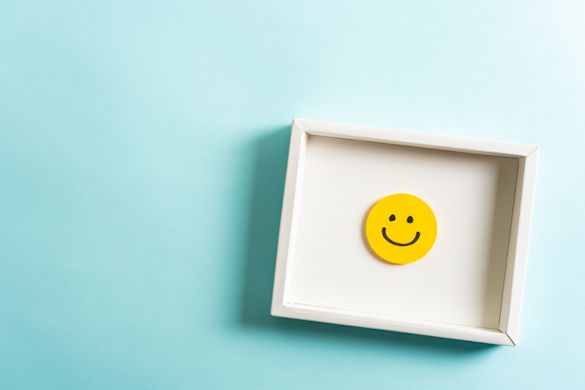
COVID-19 is having an impact on everyone’s daily lives. By following the guidelines on social distancing and staying at home you’re helping to protect yourself, family, NHS, and community, but a consequence might be that you feel isolated, worried, and anxious, or you could be concerned about your health, or the health of others.
In these uncertain times it’s important to take care of your mind as well as your body, and to make sure you get any support that you need. Here are some ideas that might help.
Keep connecting with other people
Maintaining relationships and staying in touch using video calls, social media, and telephone can help you feel less alone, whether it’s with classmates or family. Make the most of your networks to support your studying. Sharing how you are feeling and the things you are doing to cope with family and friends can help. It can also be worth thinking about how you could help others as this may help make you feel better and part of a community.
Look after yourself physically
Your physical health has a big impact on how you feel emotionally. Try to keep to a regular routine, eat healthily, and sleep well.
Take regular breaks from study and make time to exercise, whether that’s going for a walk or joining in with Joe Wicks, the easy 10 minute work outs from Public Health England, or other exercises you can try at home from the NHS Fitness Studio.
Sport Liverpool have launched an online activity tracker where you can log any type of physical activity that you do during the COVID-19 lockdown. Join the community by signing up here.
You can also share your activities on social media using the hashtag #StayInWorkOut and tagging @sportliverpool @livunigym and @livuni and we will repost to encourage others to get involved.
Manage your media intake
Constant social media and rolling 24-hour news coverage can create anxiety. Try to limit the amount of time you spend on media coverage of the outbreak. Consider checking the news at set times, or limiting it to a couple of times a day.
Be careful about what you share on social media and think about how possibly inaccurate information could affect others. Try not to share information without fact-checking against credible sources.
Think about your routine
This is a time of great change, and so it’s important to try to create a new positive routine.
If you can, create a distinct space to work in and set yourself a timetable for study that is flexible and provides you with time for breaks and to do other things.
Make time to relax and focus on the present. Relaxation techniques can also help to deal with feelings of anxiety, and for useful resources see Every Mind Matters and the NHS mindfulness page.
Get support if you need it
Student Services (including Counselling and Mental Health Advisory Service, and Student Welfare Advice & Guidance) will be providing enhanced support through phone and email between 9 am and 5 pm each day. Click here for contact details.
Students can also access the Big White Wall 24 hours a day if you need additional support.
For the latest updates please see our COVID-19 Student FAQ pages.